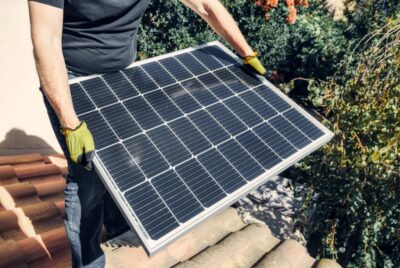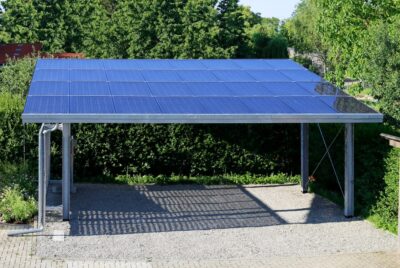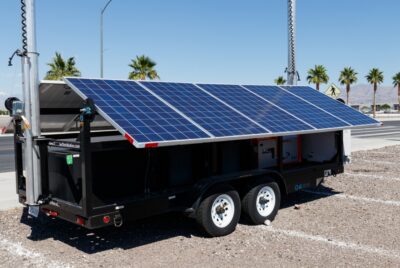Solar Power for Sheds & Sustainable Living
Imagine this: It’s a bright sunny day, and instead of the sun’s energy going to waste, it’s being harnessed to power your shed. Sounds intriguing, doesn’t it? Welcome to the world of solar power for sheds, a game-changer that’s both economical and environmentally friendly.
The Importance of Solar Power
But first, why solar power? Solar power is a renewable, abundant energy source. With the sun shining down on us daily, it provides an infinite source of energy that doesn’t contribute to climate change or harmful emissions.
Why Choose Solar Power for Your Shed?
Do you use your shed for more than just storage? Perhaps it’s your workspace, your haven, or your DIY workshop. By powering your shed with solar energy, you can have electricity for your tools, lights, and more, without the hefty utility bills.
The Advantages of Solar Power for Your Shed
Solar power provides numerous benefits for your shed. It offers independence from the grid, potential savings on your energy bills, and the satisfaction of reducing your carbon footprint.
Understanding Solar Power Systems for Sheds
Are you wondering how solar power for sheds works? It’s simpler than you might think.
Components of a Solar Power System
A basic solar power system for a shed includes solar panels, a charge controller, a battery, and an inverter.
How Does a Solar Power System Work?
Solar panels capture sunlight and convert it into DC electricity. This energy is then regulated by the charge controller before being stored in the battery. The inverter then converts the stored DC energy into AC power that can be used to run appliances in your shed.
Installing Solar Power in Your Shed
Now that you’re sold on the idea, how do you get solar power for your shed?
Factors to Consider Before Installation
Consider your energy needs, the location and orientation of your shed, and the budget for the project.
Installation Process
The installation process can be a fun DIY project or you can hire professionals. Either way, once set up, you’ll have a self-sufficient, eco-friendly power source in your shed.
The Economic Benefits of Solar Power for Your Shed
Installing a solar power system in your shed also makes economic sense.
Energy Savings
You’re harnessing free energy from the sun, which can significantly reduce your energy costs, especially if you’re running high-wattage tools or appliances in your shed.
Long-Term Investment
While there may be an upfront cost, a solar power system is a long-term investment that can pay for itself over time through energy savings.
Environmental Impact of Solar Power
Solar power isn’t just good for your wallet – it’s good for the planet, too.
Reducing Carbon Footprint
By switching to solar power, you’re helping to reduce carbon emissions, which is a significant step towards combating climate change.
Promoting Sustainable Energy Sources
By investing in solar energy, you’re supporting the growth of renewable energy, which is vital for a sustainable future.
Conclusion
In essence, powering your shed with solar energy is an eco-friendly and cost-effective solution that can make your shed self-sufficient. It’s an investment not just in your shed, but in a greener future. So, why not harness the sun’s energy and let your shed shine?
FAQs
- Is solar power enough to run appliances in my shed?
Yes, with the correct setup and depending on your energy needs, solar power can run appliances in your shed. - How much does it cost to install solar power in a shed?
The cost can vary depending on the size of the system, whether you do it yourself or hire professionals, and the specifics of your shed. - How can I determine the size of the solar power system I need for my shed?
The size of the system you need will depend on your energy usage. You can calculate this by summing the wattage of all appliances you plan to run in your shed and the duration they will be running. - What is the lifespan of a solar power system?
Most solar power systems can last 25-30 years or more, although you might need to replace the inverter and batteries every 5-10 years. - Do solar panels work on cloudy days?
Solar panels can still generate energy on cloudy days, although they’re most effective in direct sunlight. The energy generated on sunny days can be stored in batteries for use during cloudy days or at night.




